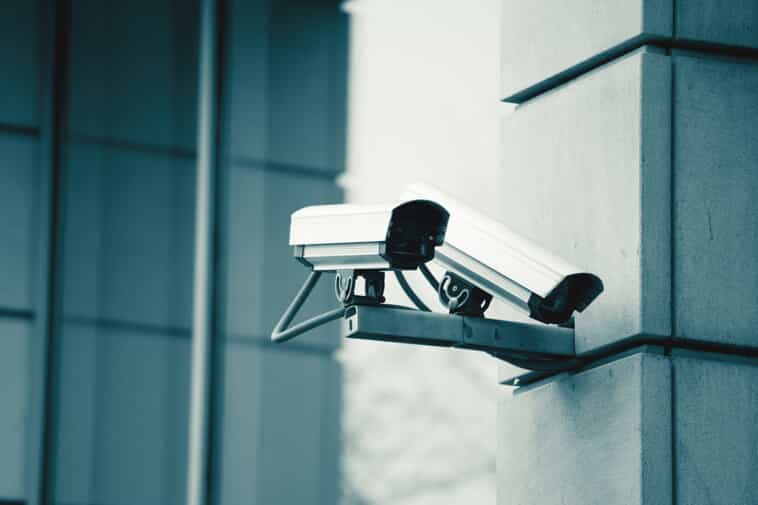
Yes, when you visit someone’s property, and are injured whether it is due to a rug, loose steps, cracks on the sidewalk or even nasty weather conditions, the property owner is obligated to address the injury. Failure to adhere to safety regulations means that you can get injured and the owner may be legally responsible for your injuries.
This forms the basis of Premises liability law. These cases arise when a property owner is negligent in the maintenance and upkeep of their property and that property presents an unreasonable risk of harm to those that visit the property.
Premises liability holds property owners and managers responsible for injuries sustained on their property. The property can be residential, for example, a homeowner. Premise Liability also applies to commercial properties, including retail stores, shopping malls and plazas or box stores.
The types of claims that arise from Premises Liability are:
- Slip and falls
- Swimming pool accidents
- Assault due to negligent security
- Amusement park accidents
- Elevator accident
- Escalator accident
The duty or standard of care that the property owner is held liable depends on the legal status of the injured person on the property. The legal status of the visitor falls into three categories:
- Invitee: those who are invited to enter or remain on the premises for a commercial benefit of the property owner. For example, a customer in a retail store would be considered an invitee as the store invites the public to enter onto its premises to purchase the owner’s goods and/or services. This is the highest level of care and property owners are required to inspect their premises and provide any warnings for any potential hazards.
- Licensee: Friends, family members and social guests are considered licensees. The licensees are invited to enter or remain on the premise for non-business or commercial use. Property owners are required to maintain their property, but unlike Invitees, property owners are only responsible for dangers they know about.
- Trespasser: A trespasser has no right to enter the premises. The liability is significantly less. Property owners are not allowed to intentionally set up hazards to guard against trespassers.
If you are injured because a homeowner or business establishment fails to provide a safe environment, you have the right to bring a claim forward for various damages, depending on your injury. Damages may include:
- Pain and suffering
- Lost wages
- Medical bills

